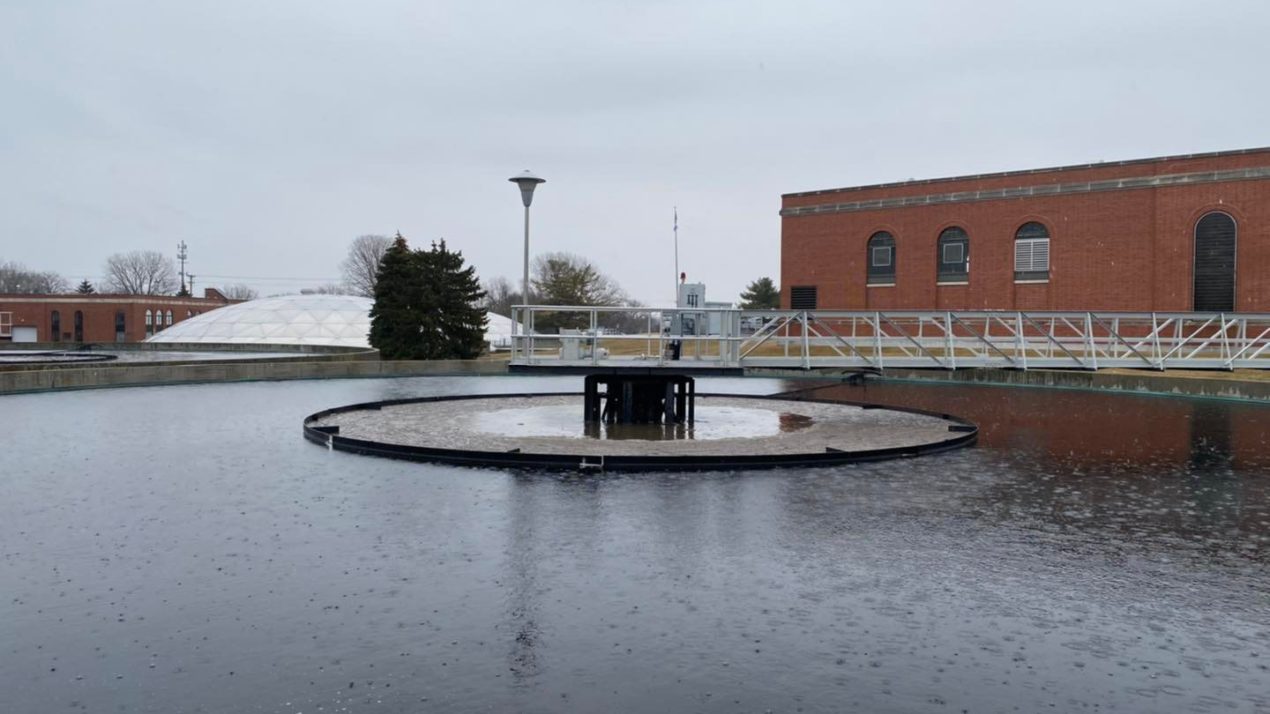
U.S. Senator Tammy Baldwin (D-WI) has introduced The Healthy Drinking Water Affordability Act, or The Healthy H2O Act, to provide grants for water testing and treatment technology directly to individuals, non-profits and local governments in rural communities. Water quality improvement systems installed at the faucet or within a building can provide immediate and ongoing protections from known and emerging water contaminants, like PFAS, lead, nitrates and manure.
“Every Wisconsin community deserves access to clean drinking water and an environment free of toxic chemicals. Across our state, communities are struggling to identify and treat known and emerging chemicals that endanger our health, especially for children,” said Baldwin. “My legislation will cut costs and expand access to water testing and treatment for families in rural communities so that when we turn on the faucet, we can be confident our drinking water is safe.”
The Healthy H2O Act would provide grants for water quality testing and the purchase and installation of point-of-use or point-of-entry water quality improvement systems that remove or significantly reduce contaminants from drinking water. Grants would be provided by the U.S. Department of Agriculture (USDA) directly to individuals and to non-profits or local governments to help people go through the process of testing and then finding and installing a water treatment product to address their situation.
Across the United States and in Wisconsin, communities face threats to their drinking water from a number of contaminants, including lead, arsenic, nitrates, volatile organic compounds (VOCs), PFOA, PFOS, hexavalent chromium-6, and others. While public water systems monitor for these threats and treat water before it is distributed to points of use, nearly 43 million households primarily in rural communities rely exclusively on groundwater delivered through private wells for their drinking water. This water is not subject to the same regular oversight and testing for contamination, which can delay identification of and response to health threats. The Healthy H20 Act will provide grants for rural communities to increase access to the many technologies for testing and water treatment at the point of use.
“We applaud Senator Baldwin for introducing The Healthy H2O Act to get effective water treatment technology directly to the people who need it most,” said Pauli Undesser, Executive Director of the Water Quality Association. “Point-of-use and point-of-entry filtration can be especially helpful to rural areas whose households rely primarily on private wells, might need help dealing with newly discovered contaminants in their communities, and have often been overlooked by recent federal investments.”
“Private water wells and decentralized systems are a cornerstone of water access in rural America,” said Terry S. Morse, CAE, CIC, CEO of the National Ground Water Association. “Those who rely on these systems are too often left out of the policy conversation in Washington, DC. By increasing access to safe and clean water in our rural communities, The Healthy H2O Act will provide much needed assistance to people who may struggle to provide this basic need for themselves and their families. We applaud Senator Baldwin for her efforts and look forward to working with Congress to pass this important bill.”
“When it comes to accessing clean water, some of the most vulnerable citizens in our nation reside in rural communities. For that reason we appreciate the strong leadership that Senator Baldwin has provided in introducing The Healthy H2O Act to help rectify this situation,” said Dean Amhaus, president & CEO of The Water Council. “Lower income rural households often lack access to the technology associated with our nation’s utilities that helps make our water safe for human consumption. That’s why we need to bring these critical point-of-use or point-of-entry water filtration systems to them.”
“NSF thanks Senator Baldwin for introducing this important legislation that will help reduce health risks for millions of Americans by providing assistance to rural families to test for contaminants in their drinking water, and importantly, providing funding to install drinking water treatment systems certified to meet NSF/ANSI standards to reduce specified contaminants that may be detected,” said Dave Purkiss, Vice President of Global Water Division, NSF International.
“The International Association of Plumbing and Mechanical Officials (IAPMO) believes that everyone should have access to clean water and sanitation. This is why we support the introduction of The Healthy H2O Act and applaud Senator Baldwin for her leadership on this issue,” said Dain Hansen, Executive Vice President of Government Relations for the International Association of Plumbing and Mechanical Officials. “IAPMO has long championed solutions around the globe that lead to lasting quality water and sanitation services. Today, many communities across the United States face challenges with their drinking water – an issue that is only compounded in underserved neighborhoods. Water filtration technologies play an important role meeting those challenges immediately. We recognize this as an essential piece of legislation that helps our country take a critical step in closing the clean drinking water access gap in the U.S.”
“The American Supply Association (ASA) in its continuing mission of providing clean water to all Americans is pleased to support The Healthy H2O Act. This legislation would address the critical needs of underserved, rural communities to obtain grants for testing and water filtration solutions,” said Stephen Rossi, Director of Government Affairs, American Supply Association. “This funding would help bring parity for those areas that may have been overlooked by previous legislative efforts and help continue to provide clean, fresh drinking water for years to come.”
The Healthy H2O Act is supported by The Water Quality Association (WQA), The National Ground Water Association (NGWA), The Water Council, NSF International, International Association of Plumbing and Mechanical Officials (IAPMO), American Supply Association (ASA), Water Systems Council, Water Well Trust, and The Groundwater Foundation.

Leave a Reply